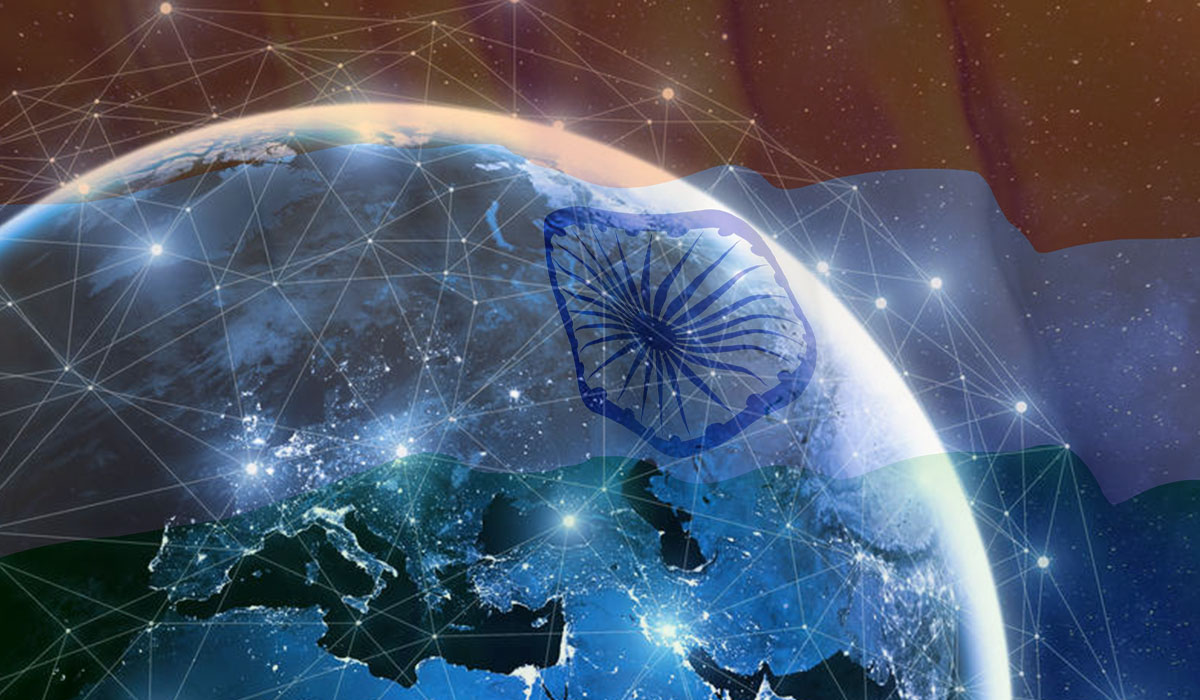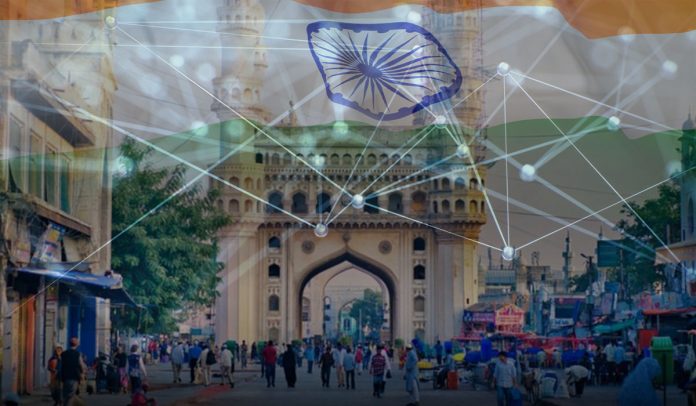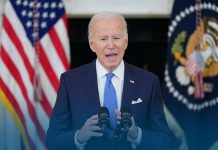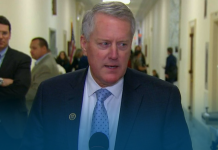A senior executive of a Twitter-like Indian social network says the sudden attention on his app has been overwhelming. At the same time, Twitter finds itself in a continued standoff with the Indian administration over the firm’s refusal to take down certain accounts.
Mayank Bidawatka (co-founder of Koo) told CNN that it feels like they’ve just been put in the World Cup finals suddenly, and everyone’s watching them and the team.
Indian PM Narendra Modi hyped Koo while several authorities as well as ministers used it enthusiastically. So far in 2021, it has over 3.3M downloads, according to the per-app analytics firm Sensor Tower. It is a promising start for a firm founded less than a year ago but less than Twitter’s 4.2M Indian downloads.
However, the Indian social platform, which sports a bird logo known to any Twitter user, was downloaded more times than Twitter in February, when the Indian management called out the American company for not doing necessary to block accounts sharing what it called incendiary and baseless hashtags around a farmers’ protest against new agricultural laws. Mayank Bidawatka said that they are building as fast as they can.
On February 8, Twitter responded in a blog. The company stated it had suspended over 500 accounts, some permanently, engaged in ‘platform manipulation and spam,’ taken action on hundreds of accounts that dishonored its rules on incitement and violence, and prevented specific terms that violated its rules and regulations from trending. In line with its rules, Twitter already blocked some accounts only in India.
Modi Government Increase Pressure on Global Tech Companies
The Modi administration has increased its pressure on global tech firms over the past two years. It recently imposed stringent limitations on the likes of Facebook, YouTube, and Twitter. It reportedly threatened their employees with jail time, less than a year after banning dozens of Chinese apps, including WeChat and TikTok. App analytics firm Sensor Tower shows that the two most downloaded apps in India are TikTok-esque short-video platforms MX Taka Tak and Moj, ahead of Instagram, Snapchat, WhatsApp, and Facebook.
Moreover, Bidawatka praised Twitter’s service and said the administration backlash against it and other tech-platforms is unfortunate. However, he does not deny that the Indian government-Twitter clash has given Koo and other Indian apps a boost. He added that local apps better understand the market and can step in where big global tech companies fall short.
He said that several global tech-giants have India as a part of their roadmap as far as growth is concerned. Still, they also have worries about making considerable changes to a very stable global product to cater to a market like that.
Sending a message to Social Firms
Many global administrations are now reckoning with and seeking to rein in large global tech companies’ power. The United States, Europe, and Australia have floated regulations to blunt some of that power in the past months.
India is no different in targeting tech giants, but in past months much of its focus has been around protecting its national security. The nation’s 750M internet users, with millions more yet to come online for the first time, are critical to Big Tech’s global growth prospects. Amazon, Google, Facebook, Netflix, and many others have already poured billions of dollars into growing their Indian operations.
The big and critical question is whether Modi’s administration encourages made-in-India apps or creates a feasible environment for self creation of the apps.
A massive Censorship Apparatus, The Great Firewall
The world’s most populous country has mostly sealed off its billion-plus people from foreign tech firms for several years, using a massive censorship apparatus known as The Great Firewall. Facebook and Google both have made overtures to China to be let into the world’s central market but to no avail.
Instead, China’s internet ecosystem comprises homegrown businesses such as Tencent, Weibo, and Alibaba, some of which have become prominent international players.
India’s action to shut down Chinese tech companies gave Indian competitors a boost, mainly those seeking to replace TikTok, which had more than 200M users in the nation before it’s ban. Meanwhile, the administration has actively sought to boost homegrown apps. Chingari and Koo were both among the winners of an ‘app innovation challenge’ that received prize-money from the Indian administration.
However, for the time being, these home-produced apps may find it tough to race at the same level unless the government chooses to ban Twitter and Facebook, too.
The legal director at the New York-based Software Freedom Law Center, Mishi Choudhary, told CNN Business that if the party is on Twitter, some people on Koo would not matter. Moreover, the ability to follow global news and forge connections across borders is a crucial feature for these social platforms’ success and must not be overlooked.
Anupam Srivastava, a former head of Invest India, a non-resident fellow at the Stimson Center, and a Washington-based think tank, says that unseating Tech giants may not strictly be the point. Moreover, it is also about sending a message to firms like Twitter and Facebook. Access to India’s massive internet should not be taken for granted. He said that the effort and determination are to tell them they’re not necessary.
China, a Big Challenge for India
Soon after Modi’s government called on the nation to become ‘self-reliant’ in May 2020, short-form video-app Chingari began marketing itself as a homegrown option to TikTok, and downloaded 2.5M times in only six days.
According to co-founder Sumit Ghosh, when India banned TikTok, and dozens of other Chinese-owned social apps after a military conflict with China intensified, Chingari exploded, with 8M downloads the day of the ban, then 7M downloads the day after.
Ghosh told CNN Business in a 2020 interview soon after the ban that it was crazy stuff. He added that banning TikTok was never the business plan for them. Moreover, Ghosh said that they were growing organically. However, he fully supports the Indian government’s rationale for the ban, arguing to have no trust on China and its companies, and Indian user data needs to be in Indian hands to avoid any security risk.

Source: Web
This is what it’s like when a nation bans TikTok
While India was willing to block or ban Chinese apps, there may be limits to how far its government can go with other countries’ services. As a democratically elected administration and one that has far closer ties to America than to China, it’s unlikely India can effectively close off its internet and kick out America’s biggest tech companies soon.
Srivastava said that undergirding all America-India engagement is a very strong and growing government-to-government (G2G) defense, security, and high tech cooperation. In contrast, India recognizes itself in an existential sort of struggle with China,’ and the application ban was ‘intended as a direct message.’
Now, Chingari plans to emphasize its home nation until it hits at least 100M users. The app eventually has global determinations, but Ghosh said its commitment to data sovereignty, with strategies to store users’ data within their respective nations.
Ghosh said that India is generally friendly with every nation, but they never know.
Read Also: Google is wading into Indian tech market








